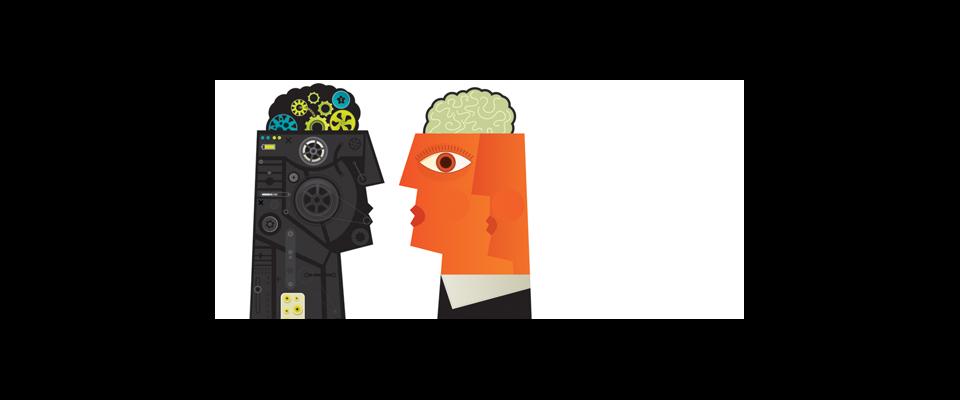No, the new Wikipedian-in-chief does not write or edit entries on the world’s biggest collaborative encyclopedia. (If she did she would probably fix the reference to her own birthdate, which has been flagged “better source needed.”)
“I am not an editor,” said UC Berkeley grad Lila Tretikov at a recent meeting where she was introduced to the staff of the Wikimedia Foundation in San Francisco, which runs the web site. She did try to edit something seven years ago, she says, and like most of us she reads Wikipedia. And she is keenly aware that she is part of the unbalanced “female metrics” of the site, where 90 percent of contributors are male. Diversity is one of the issues she plans to examine carefully when she takes up her new post as executive director on June 1.
“Our mission is all about bringing information to everyone,” she said at the meeting.
Tretikov, 36, (if you believe Wikipedia), grew up in the former Soviet Union and came to UC Berkeley to study both art and computer science. Her special interest was in artificial intelligence and particularly machine learning systems, which, for example, could distinguish regular email from spam.
She describes herself as “extremely excited” by the opportunity to continue her work on open source information—indeed, she says, the importance of having free access to information is part of what shaped her identity. At the meeting, she described the impact on friends and family of the Chernobyl nuclear disaster, and the difficulty of getting reliable information in the face of “so much secrecy.”
Tretikov left the Soviet Union when it was collapsing in the mid-1990’s, living first in Queens, New York, and then enrolling at Cal. Born into a family of artists and scientists—her father was a mathematician and mother a filmmaker—she found it natural to study two seemingly different disciplines.
At first the major obstacle was language. Having arrived in the United States as a teenager, she says she felt at first like a 2-year-old, unable to communicate. That forced her to “reboot.” She supported herself through school, she says, developing a stamina to survive and thrive. She left Cal short of earning her degree, and worked as an engineer at Sun Microsystems (she holds more than a half dozen patents in intelligent data mapping and dynamic language applications) and was, until recently, chief product officer of SugarCRM, which develops customer relationship management software.
Tretikov will take over the Wikipedia job from Sue Gardner, who described the search for her successor as a hunt for “a unicorn.” In the seven years since Gardner arrived, the foundation has grown from a handful of employees to more than 200. Thousands of volunteers now create Wikipedia entries that appear in 285 languages and get more than 480 million hits a month, making it the fifth most-visited web site in the world. With growth has come more challenges—censorship, conflict of interest, and opposing ideas from myriad contributors.
The foundation sorted through 200 applicants for the job and narrowed that to a shortlist of 25, all with experience in start-ups, community nonprofits, small and large web sites and media companies. It needed, says Gardner, someone with a near-impossible list of qualities: a strong background in engineering and product development, with the skill to be collaborative, open, and able to manage “the big wooly international movement.”
“They were looking not just for a unicorn, but a pure white unicorn and I think they found something pretty close,” says Kevin Gorman, Wikipedian-in-residence at Berkeley, the first job of its kind at a college or university. He met Tretikov just this week and came away believing she is “equipped to handle the sheer difficulty of the job.
“She is running a 207-person organization that is directly responsible to its volunteer community in way not many institutions are. If she does something and people rebel she doesn’t just have to answer to her shareholders or her employees, she has to answer to the whims of the 80,000 people who contribute to our project, who might not always be the easiest to deal with.”
Tretikov, in jeans and sweatshirt, her long hair pushed back by sunglasses, looked more techie than mythical at the foundation meeting. But it’s not the first time she’s been compared to a unicorn. Co-workers at her last job gifted her a large inflatable one, which she kept in her office.
“She…has the kind of likeable and open demeanor that is going to resonate well with the personalities in our movement,” Jan-Bart de Vreede, the foundation’s board chair, said in a released statement.
Tretikov, who lives in Los Gatos, will spend the rest of this month working with her predecessor and meeting with staff. She says she wants to find ways to motivate more women and individuals from around the world to contribute—a priority of many others, particularly women, in tech and academic circles, who argue that the lack of female participation has resulted in Wikipedia entries that often shortchange or simply overlook the vital roles key women have played in history and research. Each spring around the globe, special “WikiWomen Edit-a-Thons” train more women to contribute to the site, such as a recent one hosted by the Berkeley Center for New Media.
As Tretikov told USA Today two years ago, she is acutely aware of the “girl syndrome” that makes women less likely to grow up confident. “I’m still not comfortable promoting myself,” she said at the time. “It’s like working against what I was brought up to do.”



















